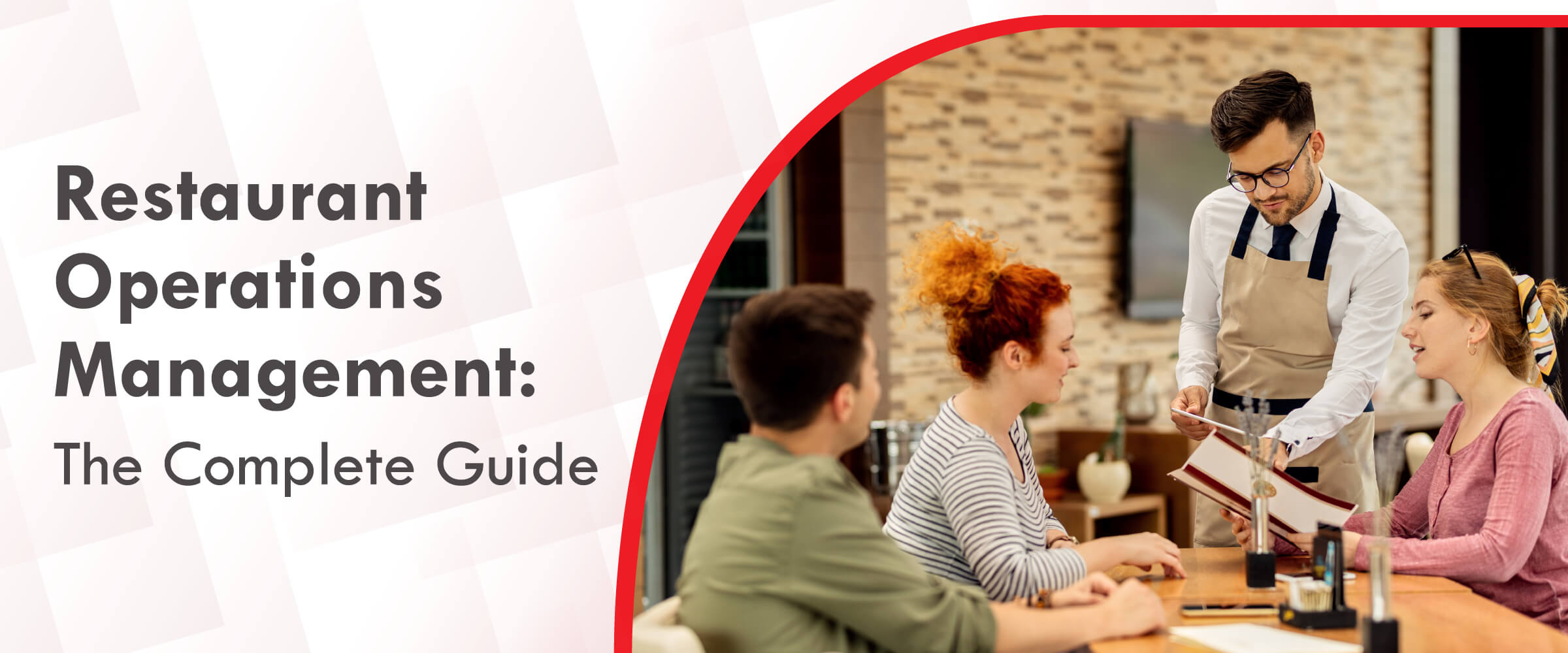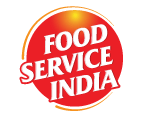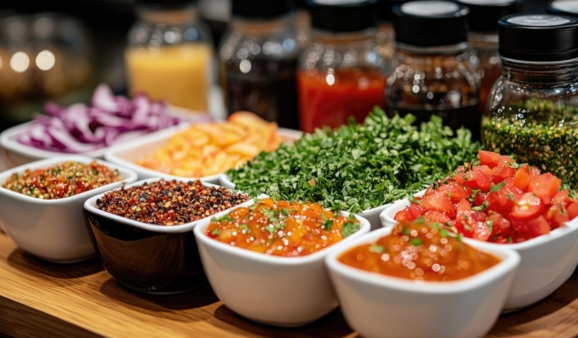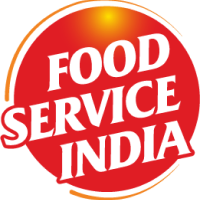
Daily Restaurant Operations Management: A Complete Guide
The success of your restaurant depends not only on delicious food but also on numerous other factors that often go unnoticed. As an owner or manager of a restaurant, you need to keep a close eye on the processes and daily restaurant operations to ensure the business runs smoothly.
Getting these aspects right is crucial, from cleanliness to food preparation time and improving efficiency. It helps in reducing overhead costs and minimising waste. Ultimately, this leads to increased profit margins.
In this article, we’ll talk about how restaurants manage their operations, ways to make them better, and why it’s important.
A] What Are Restaurant Operations?
Operations in a restaurant refer to the daily tasks that keep a restaurant running smoothly. These tasks range from effective management to coordinating with food product suppliers. These effective operations contribute to customer satisfaction, profitability, employee happiness, and the overall success of the restaurant.
These tasks range from preparing and cooking food to managing inventory and scheduling staff. They involve bridging the front and back of the house, ensuring customer satisfaction, coordinating staff, managing inventory, streamlining kitchen operations, maintaining food safety standards, and more.
The coordination of restaurant operations management is a critical component in the success of any culinary business. It is the process that ties together all departments within a restaurant, ensuring that each aspect of the operation runs smoothly. Without proper management, the smallest detail, such as a missing ingredient, can disrupt the entire operation and result in dissatisfied customers and potential loss of business.
B] What Are The Best Practices In Restaurant Operations
Restaurant operations require a wide range of practices that need to be followed for smooth functioning. This also plays a huge role in contributing to a positive customer experience. These components involve
1. Staff Members Roles And Responsibilities:

a. Chefs: Responsible for menu creation, food preparation, quality control, and kitchen management. They oversee kitchen staff, ensure food safety standards are met, and maintain consistency in dishes. Chefs often rely on special ingredients like our demi-glace powder which adds intense flavour and delightful aroma to dishes, while also helping streamline kitchen operations.
b. Servers: Interact directly with customers, taking orders, serving meals, and addressing customer inquiries and concerns. They play a crucial role in providing a positive dining experience.
c. Hosts: Greet guests, manage reservations, and allocate seating. They set the tone for the dining experience and ensure guests feel welcome.
d. Managers: Oversee all aspects of restaurant operations, including staffing, finances, inventory management, and customer satisfaction. They also handle administrative tasks, such as scheduling and payroll.
2. Menu Development And Pricing Strategies:

a. Menu development: This involves selecting dishes that align with the restaurant’s concept and target market. Chefs and managers collaborate to create a balanced menu that offers variety while considering food costs and profitability.
b. Pricing Strategy: This involves considering factors like the quality and quantity of ingredients, portion sizes, and overall dining experience. Good pricing makes sure the restaurant makes money while also giving customers good value for what they’re paying. This helps keep customers happy and coming back.
c. Inventory Management: Managing inventory efficiently is crucial for any successful food service operation. This involves monitoring stock levels of a wide range of items, including groceries (seasonings, vegetables, condiments, meat, seafood, canned food, etc.), non-food items, supplies, and drinks. Food Service India can help you streamline this process.
3. Food Sourcing, Preparation, And Quality Control:

a. Food sourcing: This involves selecting suppliers who provide high-quality ingredients at competitive prices. Depending on their values and target market, restaurants may prioritise locally sourced, organic, or sustainable ingredients.
b. Food preparation: Following standardised recipes and techniques maintains consistency and quality across dishes. Chefs oversee kitchen operations to maintain food safety standards and minimise the risk of contamination. Additionally, incorporating signature flavours by adding Jamaican jerk seasoning, charcoal smoked seasoning, Chinese wok seasoning, etc., adds a unique and vibrant touch to our culinary offerings, enriching the dining experience for our patrons.
c. Quality control: Inspecting ingredients to ensure they’re fresh and not spoiled, monitoring cooking processes to ensure they’re cooked well, and tasting dishes before they are served to customers allows the hotel to maintain quality.
4. Restaurant Cleaning and Sanitation Protocols

a. Ensuring A Safe Dining Environment: Cleanliness and hygiene are essential for preventing foodborne illnesses and safeguarding the well-being of customers. Additionally, compliance with health and safety regulations is vital to meet legal requirements and uphold public health standards.
b. Customer Satisfaction and Perception: When customers feel assured of cleanliness and regulatory compliance, they’re more likely to return and spread the word. Therefore, maintaining high standards in cleanliness and adhering to regulations is vital for sustained patronage and business prosperity.
Streamline Your Restaurant Operations—Leverage Our HoReCa Expertise Today!
C] How To Improve Restaurant Operations
1. Set A System
Every successful restaurant needs a set of structured rules and regulations that everyone must follow. Implementing these consistently requires accountability. Food Service India can help you establish this by encouraging employees to have accountability partners and create comprehensive checklists.
Different departments, like the kitchen and customer service, require specific procedures for smooth operation. Our team of experts can assist you in developing these guidelines, outlining the steps to be followed from order placement to service delivery.
2. Maintain Consistency
For multi-unit restaurant owners, ensuring a consistent and positive experience for customers across all locations is essential. This involves maintaining the same high standards in food quality, service, and atmosphere. Consistency strengthens your brand and builds customer loyalty.
Food Service India can help you achieve this consistency in several ways:
- Standardisation: We assist in developing standardised recipes, service protocols, and operational procedures, ensuring uniformity across all your outlets.
- Training and Development: Our team provides comprehensive training programs for your staff, equipping them with the necessary skills and knowledge to deliver consistent service and uphold brand standards.
- Quality Control Measures: We help implement quality control measures to monitor food preparation, service delivery, and customer satisfaction, ensuring adherence to established guidelines.
3. Optimise Your Menu
A well-curated menu is crucial for smooth operations and maximising profits. Food Service India can help you achieve this in multiple ways:
- Menu Analysis and Optimization: Our team analyses your current menu, identifying high-profit margin dishes and potential areas for improvement. We then work with you to optimise your menu offerings based on factors like ingredient cost, popularity, and alignment with your restaurant’s concept. Our team of experts also helps to curate and expand the menu as per the industry trends and changing consumer palates.
- Streamlined Operations with Ready-to-Use Products: We offer a wide range of ready-to-use products that help chefs streamline their prep process, reduce cooking time, and minimise waste. This allows them to focus on crafting exceptional dishes and delivering consistent flavour profiles across all locations, even with a high-volume menu.
- Data-Driven Menu Development: By analysing customer preferences and sales trends, we can recommend menu updates that cater to evolving customer demands and maximise customer satisfaction.
Here’s how Food Service India’s ready-to-use products contribute to menu optimization:
- Reduced Prep Time: By using pre-washed, pre-cut, and pre-portioned ingredients, chefs can significantly reduce prep time, allowing them to focus on more creative tasks.
- Minimised Waste: Ready-to-use products help minimise waste by providing the exact amount of ingredients needed for each dish, reducing spoilage and unnecessary purchases.
- Consistent Quality: Our products are sourced from high-quality suppliers and undergo rigorous quality control to ensure consistent flavour and texture across all your outlets.
4. Manage Inventory
Maintaining precise inventory control is crucial for any successful restaurant operation. This involves meticulously monitoring every ingredient, from the tiniest spice to the largest cut of meat, to avoid unnecessary spending and ensure smooth operations. It’s not just about preventing spoilage and waste; even staff meals and spillage need to be accounted for. Our team of food service specialists can conduct comprehensive inventory audits, identify areas for improvement, and recommend customised solutions to optimise your stock control practices.
Further Reading:
Conclusion
Managing a restaurant involves handling various tasks efficiently. This covers handling money, training staff, and managing the kitchen which requires careful planning and attention. Whether you’re an owner or manager, improving these operations is important for the smooth running of business. This will lead to customer satisfaction, staff motivation, and business profitability. Whether you’re just starting out or have years of experience, always work to improve your restaurant’s performance and service quality.
Working with trusted HoReCa distributors can make your supply chain smoother, guaranteeing top-quality ingredients for your menu.





